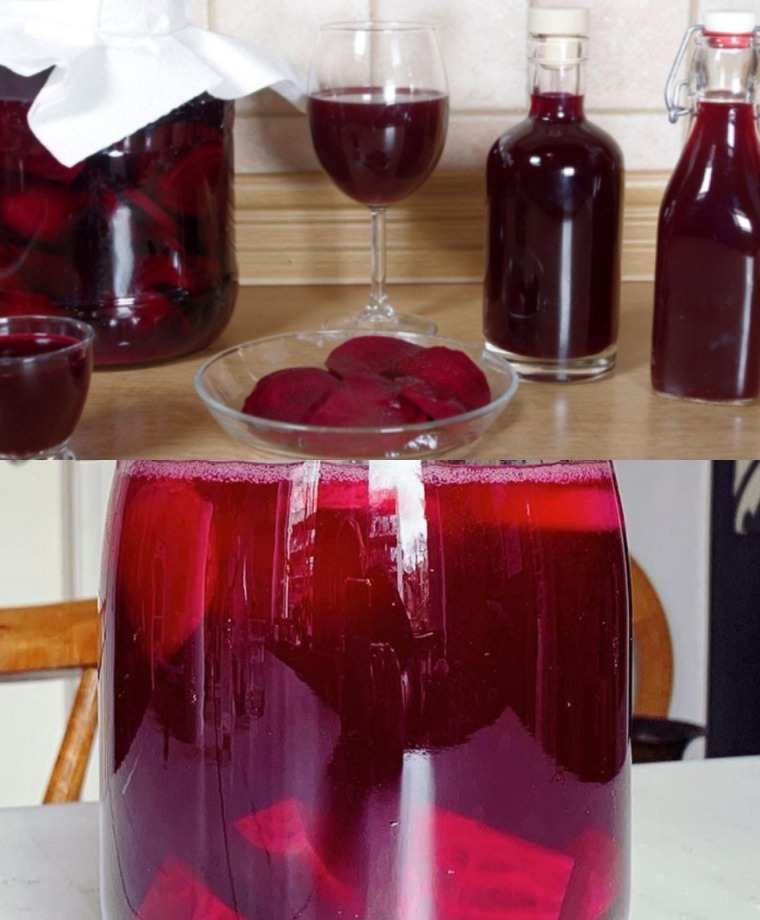ADVERTISEMENT
There are a lot of beneficial nutrients in it, including salt, potassium, calcium, magnesium, iron, vitamins C, K, and B. Additionally, it is rich in fiber and folic acid.
There is a lot of betaine in beets, and it helps the liver and prevents plaque from building up in the arteries. Plant pigments such as rubidium, cesium, and anthocyanins protect blood vessels against fragility.
Furthermore, beet juice may enhance nutritional absorption, according to some experts. Researchers at London’s Newcastle University found that taking inorganic nitrate supplements with beet juice lowered blood pressure. Those who are prone to heart problems may benefit from this.
What are the physiological effects of eating beetroot?
The cardiovascular system as a whole reaps the advantages.
The intestines, kidneys, gallbladder, liver, and blood are all cleansed by it.
Blood pressure is lowered.
The immune system is innately fortified.
When you’re constipated, it helps.
Particularly for athletes, it lengthens the time they can be physically active.
Digestive health is enhanced.
The state of one’s nails, hair, and skin is enhanced.
For atherosclerosis, it works wonders.
It aids in the healing process after chemotherapy.
Visual acuity is enhanced.
It improves the condition of anemia.
As a cancer preventative, it is suggested.
Pregnancy is an excellent time to take it.
This nutritious vegetable is at its best when cooked in its fermented form, KVAS.
The health benefits of beet KVAS are really explosive.
Recipe for Beet Kvass Fermentation not only makes beets more bioavailable, but it also supplies a wealth of helpful bacteria and enzymes.
Beet Kvas requires the following ingredients:
Download WordPress Themes FreeDownload Nulled WordPress ThemesDownload Nulled WordPress ThemesDownload Best WordPress Themes Free Downloadfree download udemy coursedownload karbonn firmwarePremium WordPress Themes Download
Continued on the next page
ADVERTISEMENT
